From Waste to Resource: Building a Sustainable Future in Singapore
Singaporeans throw away a whopping amount of food. According to SG101, this figure stands at 2 million kilograms of food as of 2022. And that is all in just one day. This issue of food wastage is not just about the food and resources put into producing the food going to waste, but the issue of the landfill space our wastage is gradually eating up. Food waste is thus more than a first-world problem/excess food issue in Singapore.
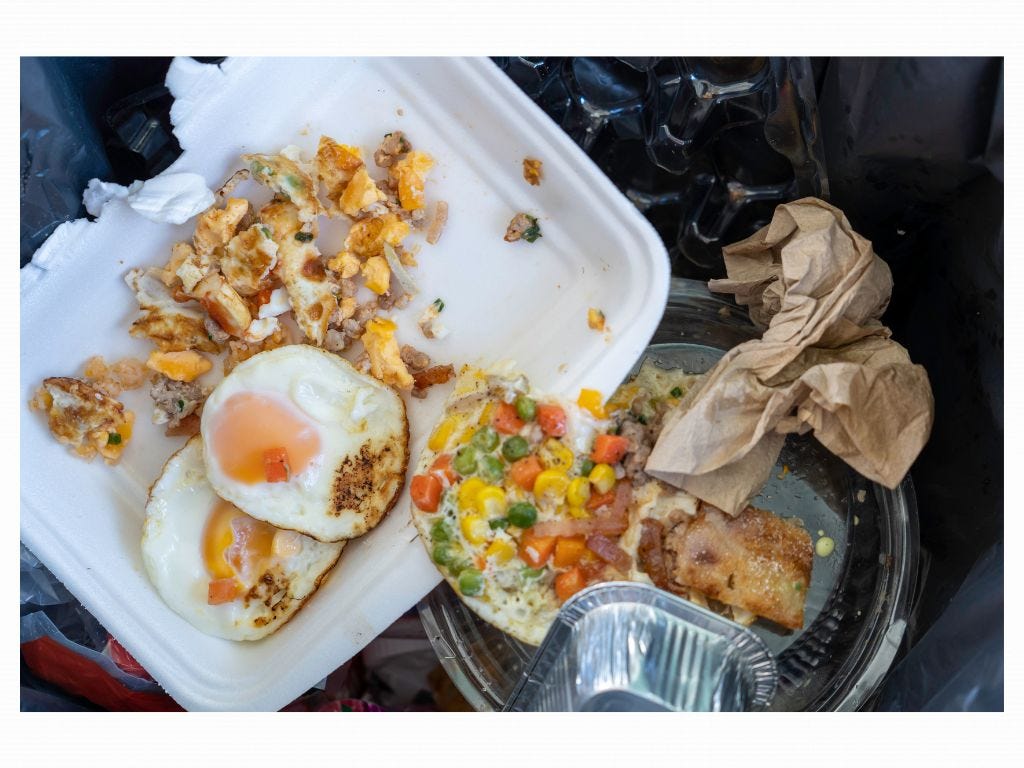
Currently, the only landfill in Singapore is Semakau Landfill. Concerningly, it is projected to run out of space by around 2035. The government has taken notice of this issue, alongside a myriad of other pressing environmental issues. A Singapore Green Plan 2030 was thus born, an ambitious agenda to strengthen and fulfill Singapore’s commitments under the UN’s 2030 Sustainable Development Agenda and Paris Agreement, and positioning us to achieve our long-term net zero emissions aspiration by 2050. Under this goal of sustainable living, the aim is to have a green citizenry that consumes and wastes less, reducing the amount of waste to landfill per capita per day by 30% by 2030. According to the NEA, the recycling rate for food waste was 18% in 2023. Evidently, we are far from achieving this goal.
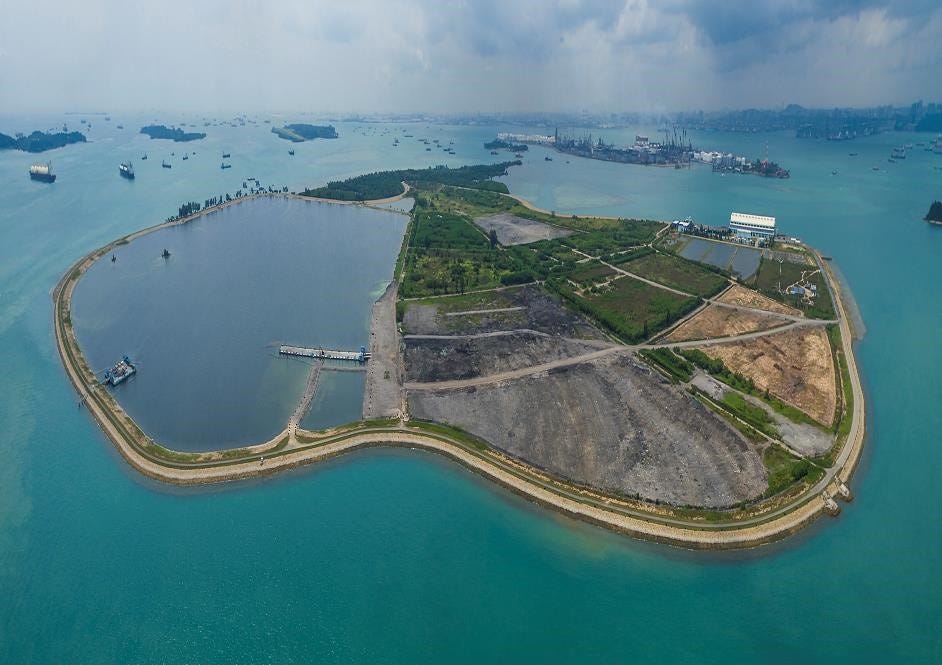
Aware of this perennial issue, non-governmental organisations and charities have sprung up to solve the landfill space problem.
Existing Solutions to curb food waste
- Rehoming ‘ugly’ vegetables
Approximately 20% of produce gets thrown out purely due to cosmetic reasons, which adds significantly to the food wastage issue. IMperfect Fellas, an initiative established by Fairprice NTUC to sell off blemished fruits and vegetables at a cheaper price, has been established to curb this problem. Its goal is to cut down on edible produce with blemishes being discarded due to their less-than-desirable looks. This initiative does not end at ensuring that the produce gets consumed–it seeks to reduce food wastage in the long run with an educational arm, partnering with My First Skool in Singapore to raise an environmentally conscious Gen Alpha.
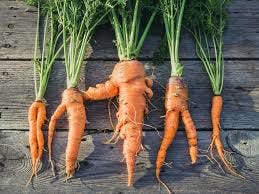
2. Existing food charities
Food From the Heart, a local charity enabling underprivileged families to get free meals, has a donation box for non-perishable food items. Similarly, Food Bank Singapore has many drop-off locations for individuals to drop off their unwanted/excess food items. Donating to such organisations enables individuals to ensure unwanted food does not end up in the landfill and for one to do good by providing for an underprivileged community, effectively killing 2 birds with 1 stone.
How Rejurvth does its part
Rejurvth supplements the above initiatives with its aim to promote regenerative soil practices in Singapore, by encouraging segregation of household food waste at the source, and helping create a community based model to support it. The Tanjong Rhu Community Composting Project, a 6-month NEA funded pilot running in two condominiums in the neighborhood- Costa Rhu, and The Waterside, is one such project. The Participants are trained in the Bokashi method- mixing food waste with Bokashi bran to facilitate fermentation- and given an airtight Bokashi bucket and bran to start the collection at home. The participants segregate their food waste and layer it with bran in their bokashi buckets and bring them down weekly to be emptied into the common bins placed at their respective condominium complexes. The collected food waste is then fermented anaerobically for two weeks, and then sent to a composting site at Gardens by the Bay, where it is buried into soil and turned into compost. Till now, close to 3500 kgs of food waste has been collected, diverting it from the waste stream and back into economy as a valuable resource.
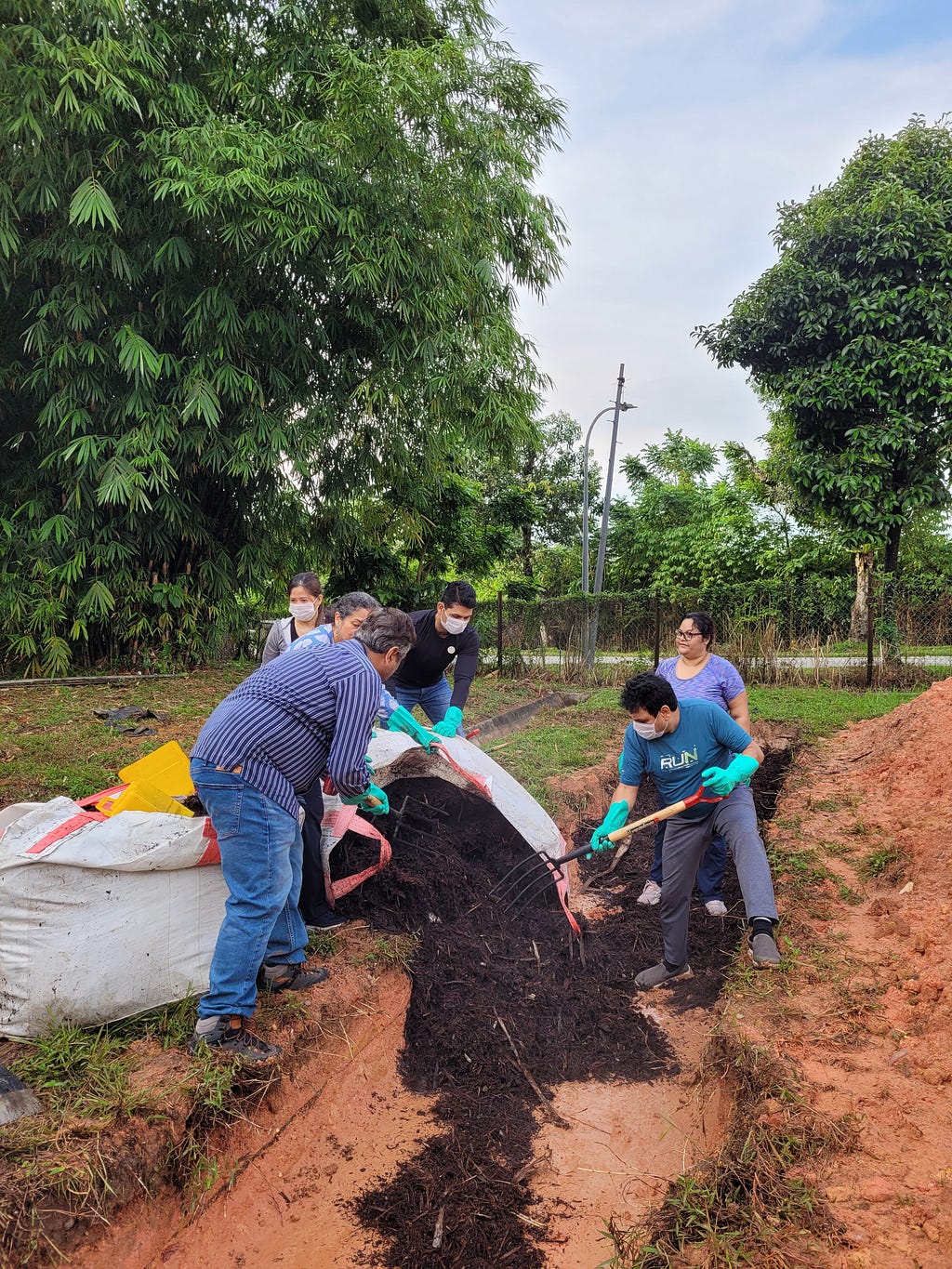
What is a circular economy? How does Rejurvth contribute to it?
A circular economy is essentially one that is based on the reuse and regeneration of materials or products, especially as a means of continuing production in a sustainable or environmentally friendly way.
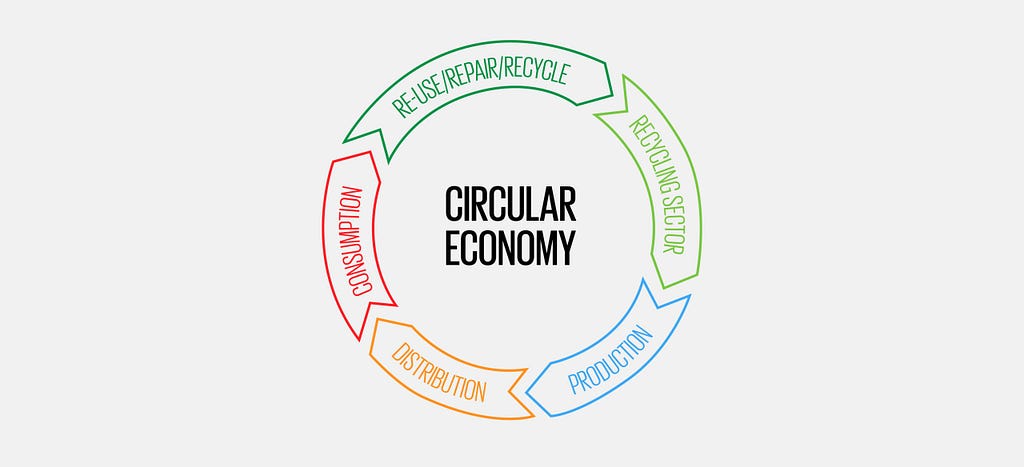
The term ‘circular economy’ has become synonymous with the United Nations Development goals. With the advent of COVID 19 and climate change, there has been an urgent call to action, and an increased focus on ensuring global sustainability.
This is where Rejurvth effectively comes in. From food waste, back to the roots–that is our ethos through mobilising communities to make composting a weekly communal activity, and effectively a cornerstone of their routine. Rejurvth essentially accomplishes a dual purpose: bring Singapore closer to its goal of reducing wastage and conserving scarce landfill space, while also ensuring soil regeneration.
At large, Rejurvth effectively fulfills several critical UN Sustainable Development Goals too:
SDG 11: Sustainable Cities and Communities
By mobilising communities in Tanjong Rhu and beyond to adopt composting, we contribute to building resilient and sustainable urban environments. The initiative enhances social cohesion through sustainable communal activities.
SDG 12: Responsible Consumption and Production
Rejurvth promotes sustainable consumption and production patterns by encouraging the community to compost food waste and reduce waste at the source. This initiative helps to lower the amount of food that ends up in landfills, supporting the goal of reducing waste generation.
SDG 13: Climate Action
Rejurvth’s composting efforts contribute to climate action by promoting practices that reduce greenhouse gas emissions associated with food waste decomposition in landfills. Composting encourages soil regeneration, mitigating climate change effects. For example, compost controls water flow through soil, contributing to stormwater management particularly in Singapore’s tropical climate. It also reduces soil erosion by binding soil together, and reduces greenhouse gases entering the atmosphere by diverting food waste back to landfills, returning it back to the soil for nourishment and increased fertility.
SDG 15: Life on Land
Composting enriches soil quality, promoting healthy ecosystems and biodiversity. By returning organic waste to the soil, Rejurvth helps regenerate land and supports the UN goal of sustaining ecosystems and managing forests sustainably.
SDG 17: Partnerships for the Goals
Rejurvth seeks to collaborate with local organisations, schools, and community members to spread awareness and implement composting practices. This collaboration embodies the spirit of partnership needed to achieve the SDGs.

Conclusion: Why we should all play our part
The incremental action of each individual can add up to reduce the environmental footprint of food waste, conserve precious landfill space, and foster a culture of sustainability. By consciously becoming advocates for change, Singapore will be able to achieve its ambitious goals under the Singapore Green Plan 2030.
References:
Business Times. (2023). FairPrice Foundation’s new programme helps preschoolers cut food waste, identify better food options. https://www.businesstimes.com.sg/esg/fairprice-foundations-new-programme-help-preschoolers-cut-food-waste-identify-better-food-options
Food Waste Feast. (n.d.). Why we waste: Ugly food, expiration dates, and more. https://foodwastefeast.com/why-we-waste-ugly-food-expiration-dates-and-more#:~:text=It's%20estimated%20that%20approximately%2020,nutritious%20and%20delicious%20to%20eat.
National Environment Agency (NEA). (n.d.). Food waste management. https://www.nea.gov.sg/our-services/waste-management/3r-programmes-and-resources/food-waste-management
SG101. (n.d.). Food waste. https://www.sg101.gov.sg/resources/connexionsg/foodwaste/#:~:text=Every%20day%20in%20Singapore%2C%20we,%2C%20markets%2C%20and%20food%20manufacturers.
Singapore Green Plan. (n.d.). Targets. https://www.greenplan.gov.sg/targets/
United Nations. (n.d.). Sustainable Development Goals. https://sdgs.un.org/goals
Ministry of Sustainability and the Environment (MSE). (n.d.). Clean land. https://www.mse.gov.sg/policies/clean-land#:~:text=Semakau%20Landfill%20opened%20on%201,of%20space%20by%20around%202035.&text=Landfills%20require%20space.
About the Author:
Helene Ng is a current year 2 student at SMU majoring in Political Science. She’s a writer and an aspiring journalist with an interest in sustainability.
(Disclaimer: The views expressed here are solely those of the author and don’t neccessarily reflect the opinions or beliefs of Rejuvrth and its affiliates.)






